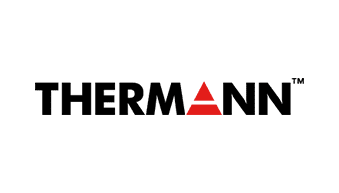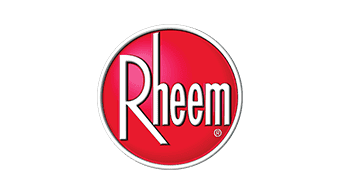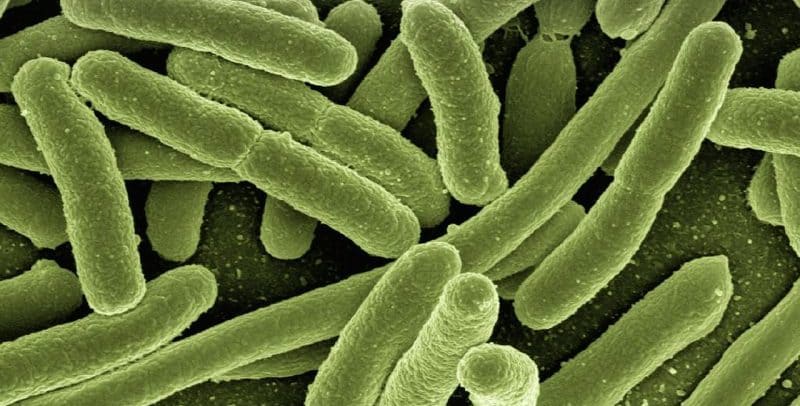
All You Need to Know About Bacteria in Hot Water Systems
PropDid you know that the bacteria most commonly found in the humble water heater was genetically modified as a bioweapon in a science lab? Did you even know that bacteria can grow in hot water cylinders in the first place?
This often-overlooked appliance could be putting your family at risk. Don’t fear, Metropolitan Plumbing has everything you need to know about bacteria in hot water systems to keep your family safe.
Legionella Bacteria in Hot Water Heaters
The most common culprit found in a domestic hot water system is Legionella pneumophila.
Given the right conditions, you can find Legionella in water or soil. They live inside another microbe, amoeba, and are generally inhaled via contaminated water droplets in the air. You can even find these droplets coming out of air conditioning!
Once inhaled they can infect cells in your lungs and cause Legionnaires’ Disease or the less severe Pontiac fever. Thankfully, most Legionella infections only result in Pontiac fever. This is only exhibited as mild flu-like symptoms. It is usually resolved without treatment in 2-5 days.
Legionnaires’ disease, however, is much more serious. Severe pneumonia often accompanies it. In health and nursing home settings, the mortality rate from Legionnaires’ disease is as high as 40% according to the Department of Health’s Guidelines for Legionella control. For the immunocompromised, the young and the elderly, it is important they are not exposed to Legionella.
Water heater storage tanks are typically not the first choice for most bacteria. Given the right conditions, however, it can grow and even thrive in hot water tanks.
How Do I Get Rid of Bacteria In My Hot Water System?
Before you even receive your water it is treated by your water provider in the interest of public health. There are a few ways bacteria might find their way into your water, however:
- Travelling from the supplier to you
- Storing water at a dangerous temperature range
- Faulty parts creating a false water heater temperature reading
We’re going to explain how and why bacteria might grow in your water heater and how you can reduce the risk of it growing and also get rid of it.
Water Treatment and Transport
Legionella and other bacteria are present in natural water sources before treatment. Some will usually remain post-treatment as well. Your supplier treats your drinking water supply with a disinfectant before delivering it to you.
This is because they tend to live in biofilms. These are a collection of different microbes in a membrane. This shelters some Legionella from the disinfectants and also provides it with nutrients to grow.
Disinfectants are used by your water supplier to kill bacteria present in water. Chlorine is the most common disinfectant, but there are several others available:
- Heat
- Chlorine dioxide
- Copper-silver ionisation
- UV light
- Ozonation
- Point-of-use microfiltration
Transporting it from the water supply to your home also has the risk of growing bacteria. This depends on the residual disinfectant, temperature and more.
Water Heater Temperature Setting
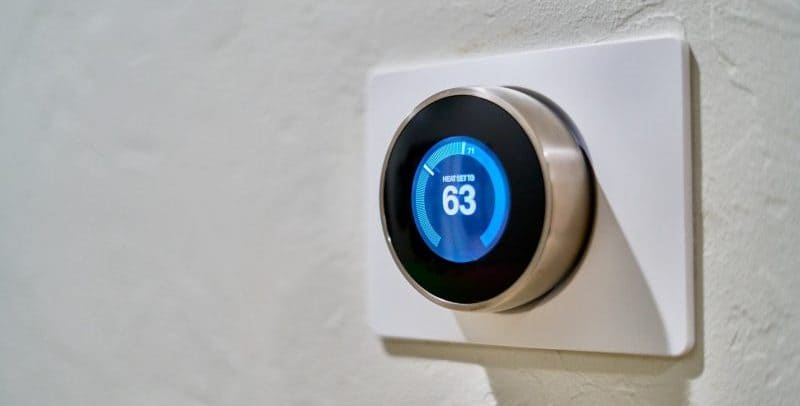
We enjoy warm water for our showers, and bacteria like this very same warm water to multiply! For a water heater of the storage tank variety, you need to be especially careful about the temperature of your water.
You might think to set your hot water heater to a lower temperature to minimise the risk of scalding and save energy. This puts you at an increased risk of your tank growing bacteria!
Legionella bacteria thrive in temperatures between 20-45°c. Its most optimal temperature is 37-43°c.
When installing your water heater, your plumber will set the thermostat to heat your water to a minimum of 60°c. This is part of Australian building regulations to prevent bacterial growth in your hot water tanks.
In 60°c water, 90% of Legionella bacteria will die in 2 minutes. At 70°c, they all die nearly instantly!
Electric Water Heaters
Electric water heaters are at a greater risk of bacterial growth than other storage tanks due to their heating elements and uneven heating abilities.
Even with temperatures set to 60°c or above, many electric heater still contained Legionella bacteria. This was because the bottom of the tank was only reaching 30-40°c – the sweet spot for Legionella growth.
You can attribute the increased growth of bacteria in your water heater to these lower temperatures. This is why building regulations require the water temperature to be set to a minimum of 60°c to kill bacteria.
Tempering Valve
Hot water in the home suffers from a bit of the Goldilocks effect. Too high and you risk landing yourself with a nasty burn. Too low and now you’ve got a breeding ground for bacteria. Here to save the day is a tempering valve!
Tempering valves are a requirement for hot water systems in Australian residential homes. They only allow 50°c hot water in fixtures for sanitary plumbing, such as the shower or bathroom taps. They do this by mixing hot and cold water until it reaches 50°c.
These valves became mandatory as a way to prevent scalding from water that is too hot. At 50°c, both adults and children can comfortably enjoy a shower for approximately 5 minutes before it starts burning.
Thermostatic mixing valves (TMVs) perform the same job but offer greater accuracy. Nursing homes, child daycares, and other similar businesses use TMVs for their more accurate 50°c hot water.
While 50°c is not in the danger zone, it is not in the optimal water temperature to kill Legionella bacteria. Proper maintenance and regular flushing of any tempering valves helps to prevent the growth of harmful bacteria, and is therefore an important process.
Flush the System
If your plumbing system isn’t set up correctly, there may be regions where water pools and becomes stagnant in your pipes. The temperature of the water is uncontrolled here and might be prone to bacteria growth. Mineral deposits can also build up in your water heater, pipes, fittings and taps affecting your water pressure and leading to other plumbing problems
You should flush your plumbing system regularly to remove any bacteria and build-up. Better yet, a plumber should repair areas where water stagnates in the first place.
Should you find bacteria in your plumbing system, not only should you flush the hot water heater itself, but all associated fittings too.
Regular Services
You can have the temperature set correctly to 60°c and have the system flushed regularly but without regular servicing of your water heater and general plumbing, there might still be bacteria growth.
If the thermostat is faulty, for example, your water isn’t heating as it should. Without the trained eyes of a plumber, who knows how long the temperature will be off the 60°c and allowing bacteria to grow?
How Do You Test For Legionella in Water?
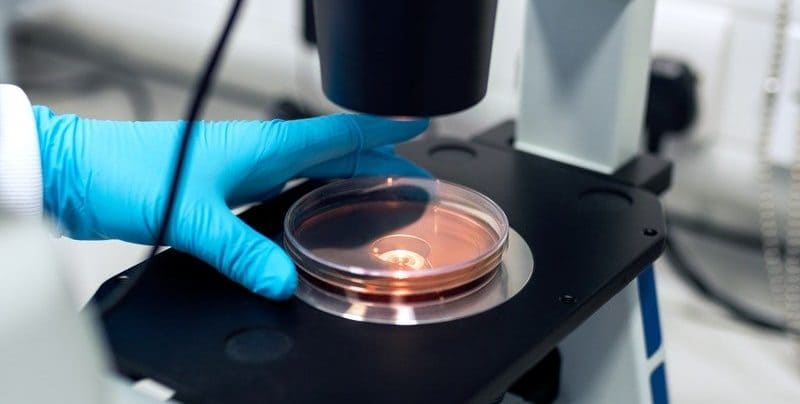
When it comes to testing for Legionella and other bacteria in a hot water tank, you’re best leaving it to the professionals. Biological scientists take multiple samples across your plumbing system to assess the levels of bacteria there are.
They have a variety of different tests they might use to identify bacteria, each with certain pros and cons:
- Culture methods – cost-effective and well understood, but time-consuming
- Immuno-agglutination – identifies different strains of bacteria but requires existing growth, typically from the previous cultures
- Quantitative polymerase chain reaction – very precise reporting and quick results but doesn’t differentiate between strains
- Rapid DNA assay – Equally as accurate as culture methods and it is faster but has limited availability
So long as you’re taking care of your hot water system and following Australian regulations for water temperatures, you do not need to worry about the growth of Legionella in your water heater.
Alternatively, ditch the old storage tank and opt for a continuous-flow water heater. Not only do these not run the risk of growing bacteria, but they’re also more energy efficient!
To find out more about what to do about bacteria in hot water systems from a licensed plumber, contact Metropolitan Plumbing.
Published: 2020-08-03





